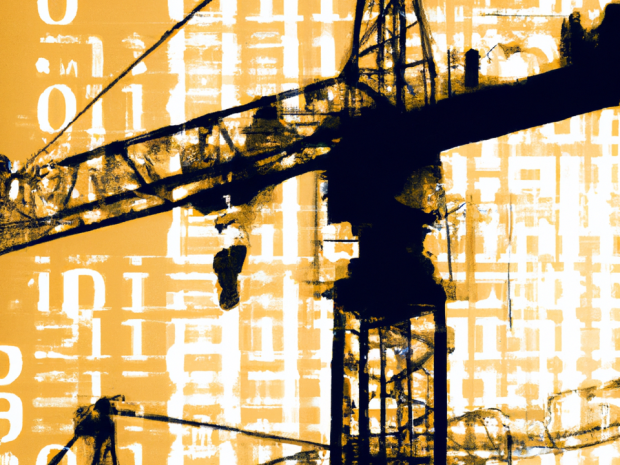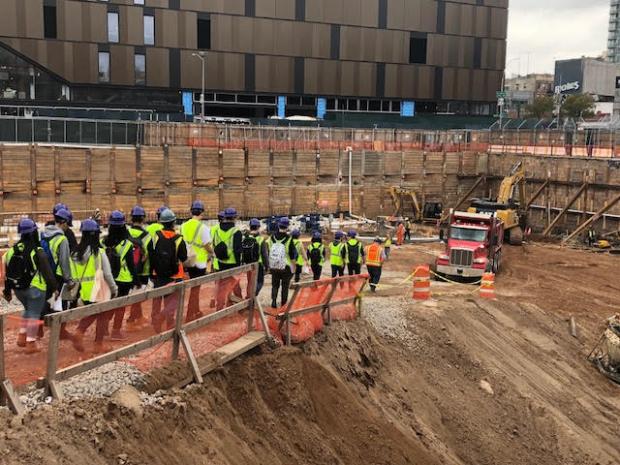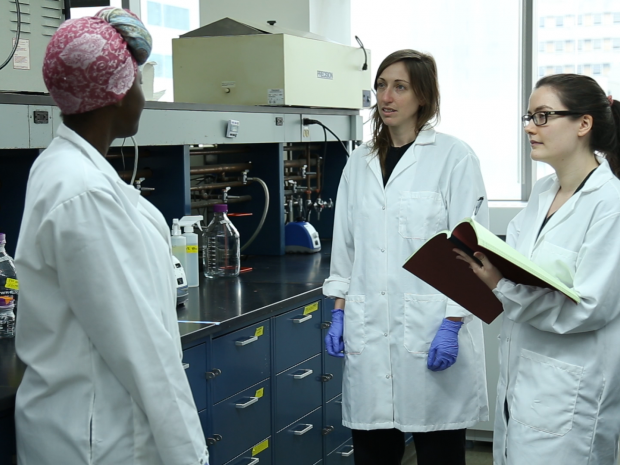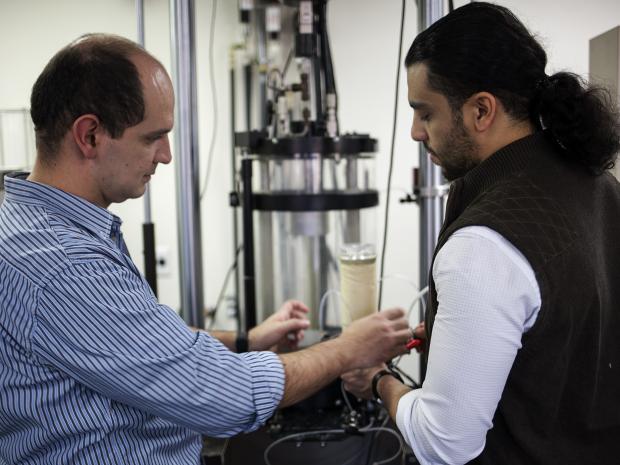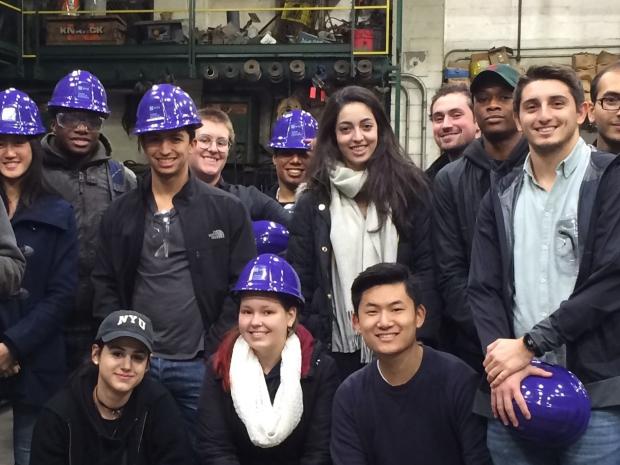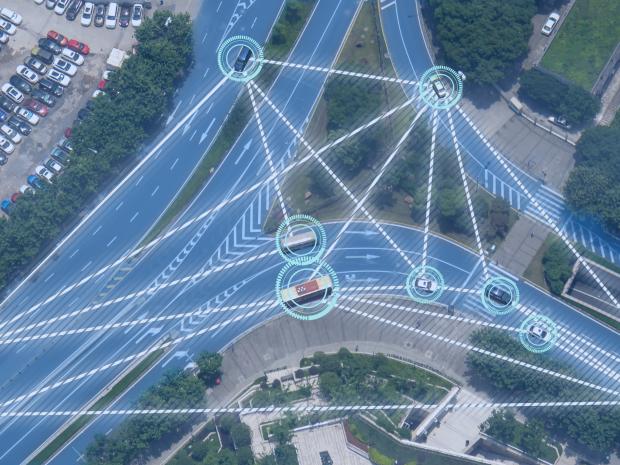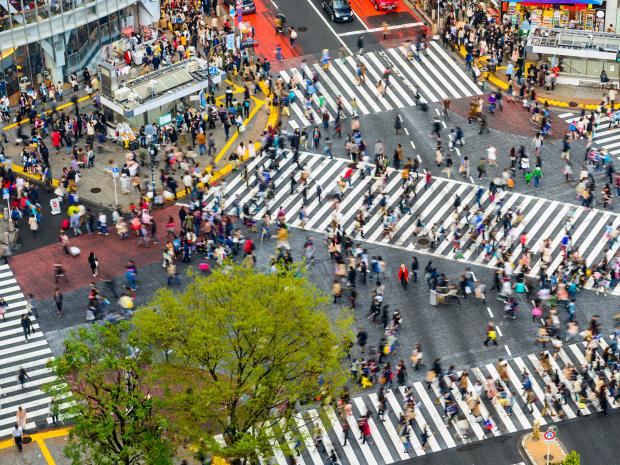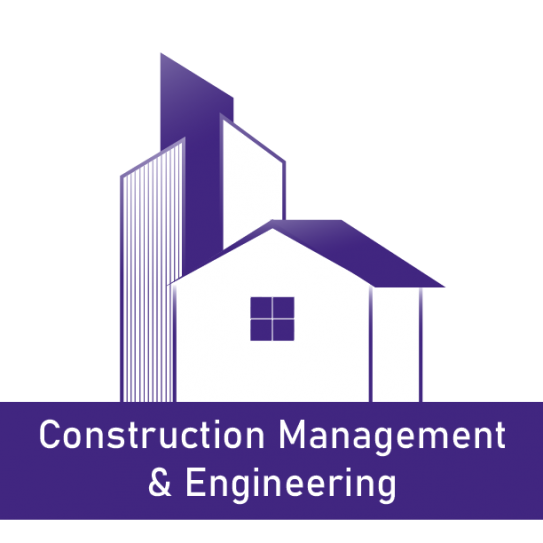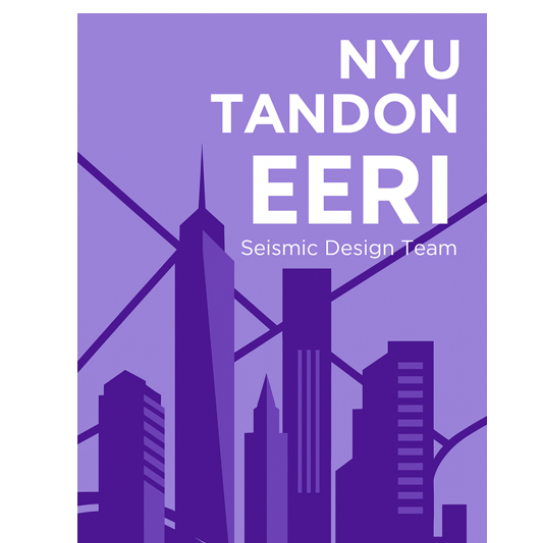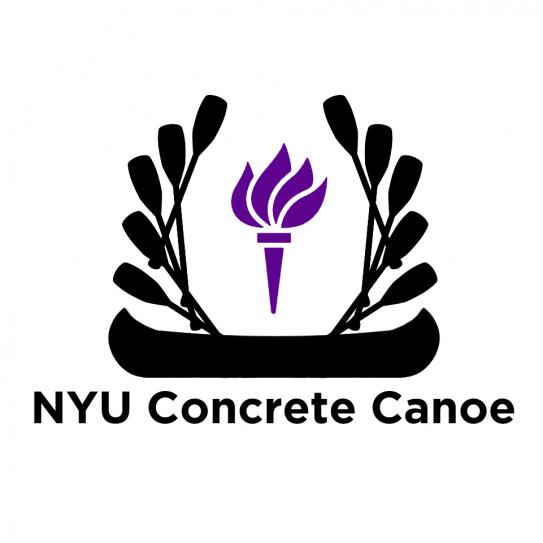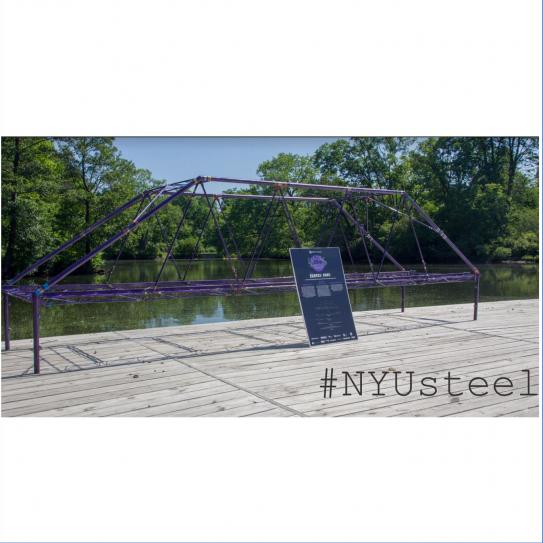CUE Research
Discover cutting-edge research areas, state-of-the-art labs, and expert faculty driving innovation in civil, urban and environmental engineering.
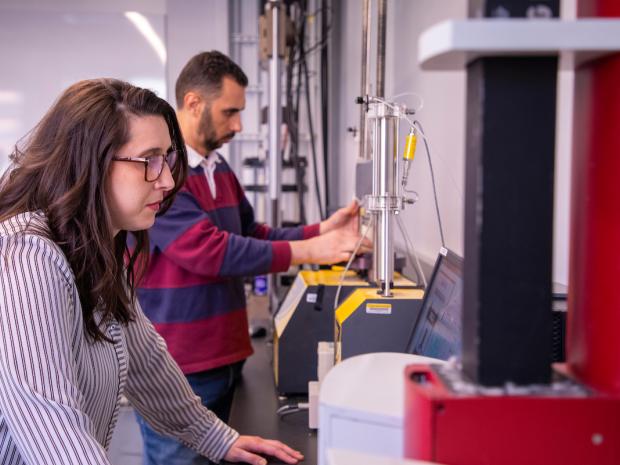
Research Centers, Groups and Laboratories
Vertically Integrated Projects
Vertically Integrated Projects (VIP) are multi-year, multidisciplinary projects that emphasize innovative and research-active education.
*(GY) indicates that the VIP team accepts graduate students.
Construction Management & Engineering
Prepare for the Associated Schools of Construction (ASC) competition in the fall
EERI (Earthquake Engineering Research Institute)
NYU’s Seismic Design Competition Team
NYU Concrete Canoe
Creating a fully-functioning concrete canoe using innovative methods to compete in the ASCE regional and national competition
NYU Steel Bridge
Designing, fabricating and constructing a 20 foot long bridge for an annual competition where it is load tested with 2500 pounds
Offshore Wind Platforms & Research (GY)
Examining the potential and challenges of offshore wind platforms and designing prototypes and projects to meet these challenges
Urban Remote Sensing (GY)
Developing a high performance spatial data management tool to efficiently store, index, integrate, and query point cloud datasets


